
Mitsubishi Lancer

Model Overview
Despite its appearance as a humble compact economy car, the Mitsubishi Lancer has an interesting back story: it provides the starting point for a rally car whose spirit comes to showrooms in the Lancer's turbocharged/AWD Ralliart and Evolution models. A Sportback body style brings versatile interior space, and regular-grade Lancer trims boast a straightforward, comfortable design with great everyday usability.
Photos



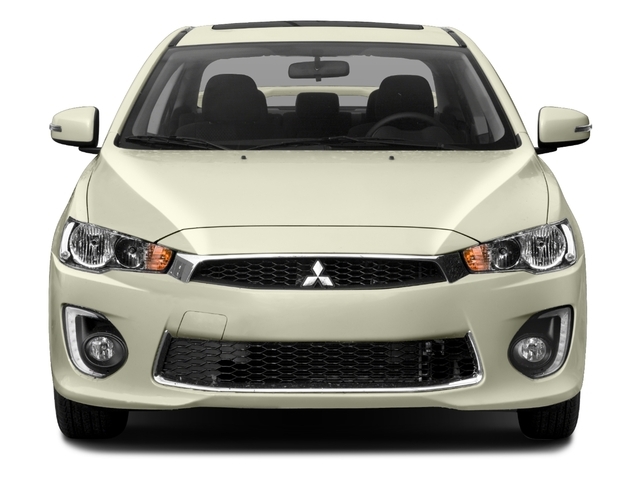
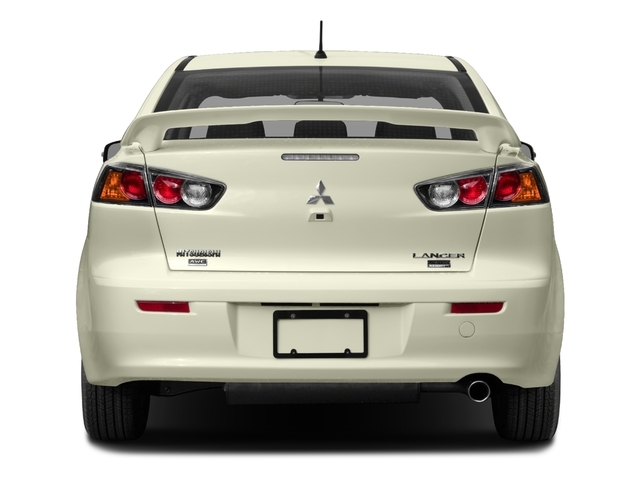
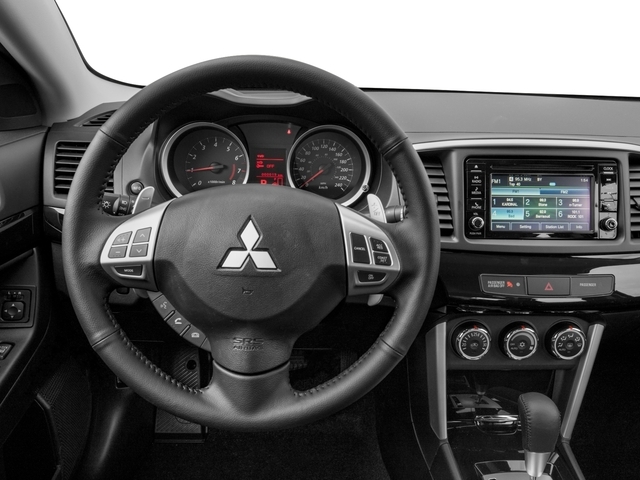
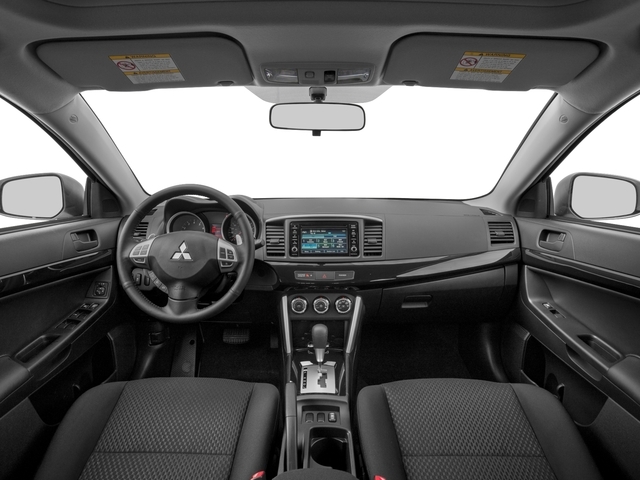
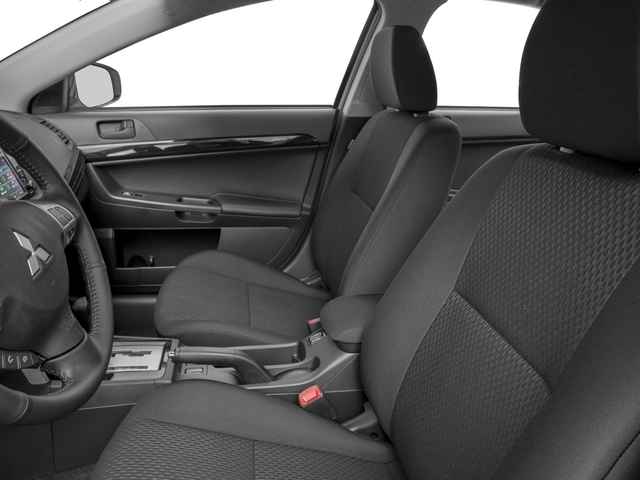
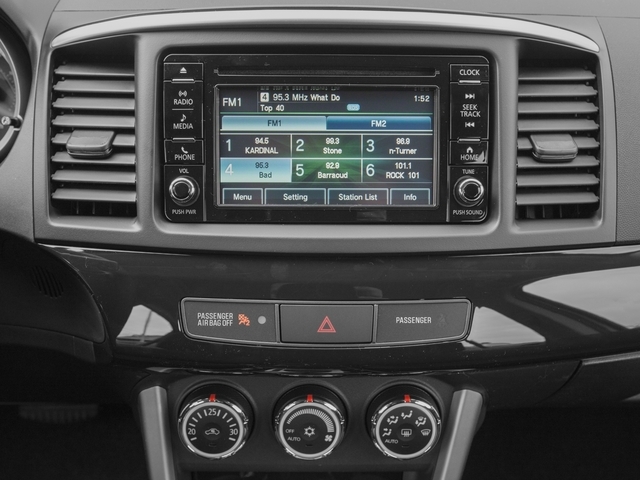
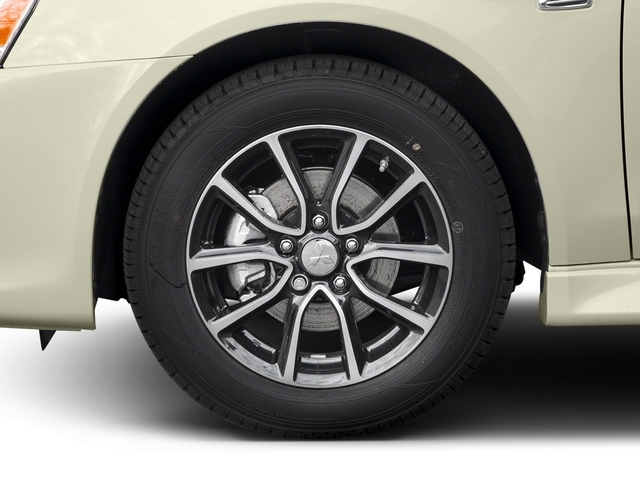
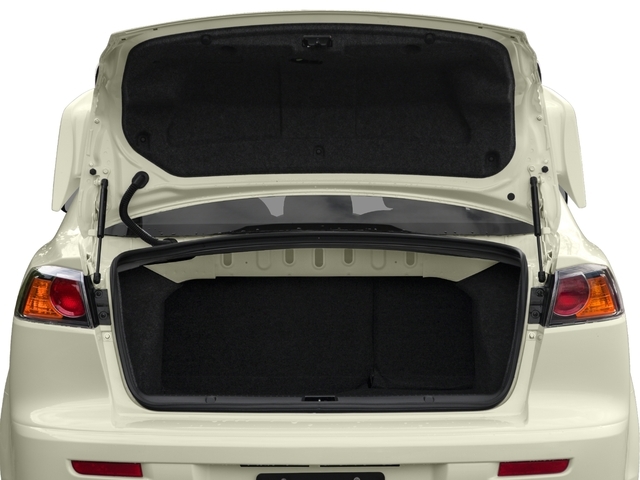
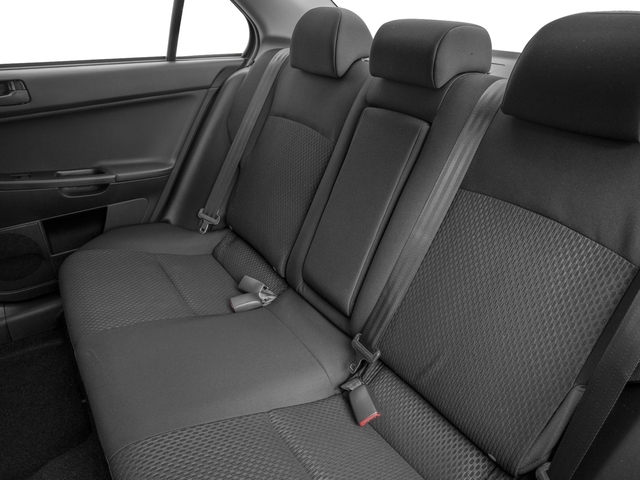
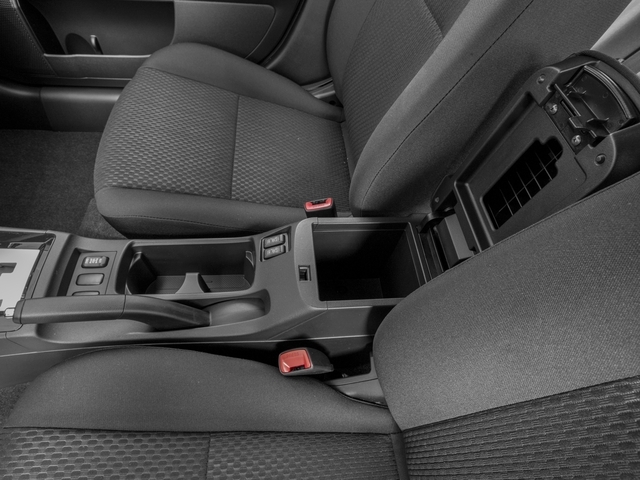
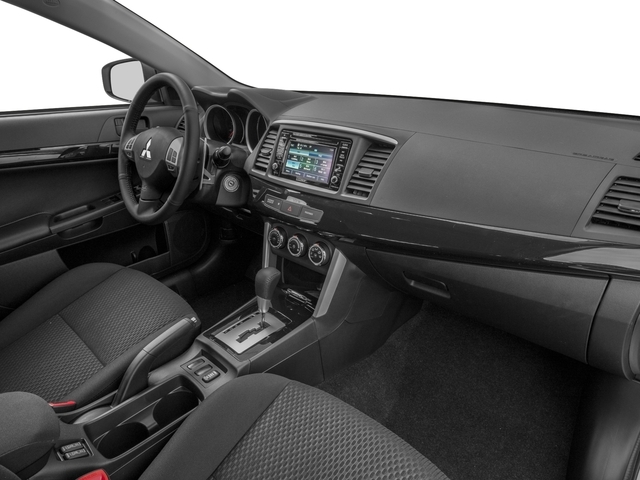














Reviews and News
Owner Scores
Comfort
N/A
Performance
N/A
Fuel Economy
N/A
Interior Design
N/A
Exterior Styling
N/A
Reliability
N/A
Owner Reviews
Sporty_spacious
Perfect for young couples: sporty yet spacious
November 07, 2018
LANCER SPORTBACK CVT SE
Overall Score
Large trunk of the Sportsback and folding backseats (completely flat) make it a unique car, with storage space of a small SUV and handling/fuel efficiency of a sedan. Great car for young couples and camping enthusiasts, who still want a sporty look.
Comfort
10
Performance
8
Fuel Economy
10
Interior Design
8
Exterior Styling
10
Reliability
10
Recall Information
* Data provided by Transport Canada
Recall number
Recall date
System affected
Model year(s) affected
Recall number
2020-216
Recall date
2020-05-15
System affected
Structure
Model year(s) affected
2008 2009 2010
Manufacturer Recall Number:
SR-20-003
Units Affected:
81,543
Notification Type:
Safety TC
Issue:
On certain vehicles, road salt can corrode the front cross-member (subframe). As a result, a lower control arm could eventually detach from the cross-member. This could cause a loss of vehicle control.
Safety Risk:
A loss of control can create the risk of a crash.
Corrective Actions:
Mitsubishi will notify owners by mail and instruct you to take your vehicle to a dealer to inspect the front cross-member (subframe). If no significant corrosion is found, the dealer will spray a sealing and anti-corrosion coating both inside and on the cross-member. If significant corrosion is found, the dealer will replace the cross-member.
Recall number
2018-588
Recall date
2018-10-26
System affected
Visual System
Model year(s) affected
2008 2009 2010 2011 2012 2013 2014 2015 2016 2017
Manufacturer Recall Number:
SR-18-009
Units Affected:
80,610
Notification Type:
Safety TC
On certain vehicles, water may drain from the windshield cowl area onto the front wiper link ball joint. Over time, this could result in corrosion and/or wear to the joint, which could result in the separation of the wiper link ball. If separation were to occur, the windshield wipers could become inoperative, which could limit the driver’s visibility under certain operating conditions which may increase the risk of a crash causing injury and/or damage to property. Correction: Dealers will replace the wiper link rod with a countermeasure one, and will replace the wiper motor crank arm with a new one.
Recall number
2018-166
Recall date
2018-04-06
System affected
Airbag
Model year(s) affected
2004 2005 2006
Manufacturer Recall Number:
SR-18-005
Units Affected:
3,172
Notification Type:
Safety Mfr
On certain vehicles, the passenger frontal airbag inflator could produce excessive internal pressure during airbag deployment. Increased pressure may cause the inflator to rupture, which could allow fragments to be propelled toward vehicle occupants, increasing the risk of injury. This could also damage the airbag module, which could prevent proper deployment. Failure of the passenger airbag to fully deploy during a crash (where deployment is warranted) could increase the risk of personal injury to the seat occupant. Correction: Dealers will replace the passenger side frontal airbag inflator with a new, non-ammonium-nitrate-based inflator. Note: This campaign supersedes recall 2015-236 and involves vehicles that previously received an inflator under that recall.
Recall number
2018-054
Recall date
2018-01-26
System affected
Accessories
Model year(s) affected
2008 2009 2010
Manufacturer Recall Number:
SR-18-003
Units Affected:
18,795
Notification Type:
Safety Mfr
On certain vehicles, the sunroof may not have been bonded properly and could separate from the vehicle. This could pose a risk to other road users, increasing the risk of injury and/or damage to property. Correction: Dealers will replace the sunroof glass assembly.
Recall number
2018-052
Recall date
2018-01-26
System affected
Electrical
Model year(s) affected
2009 2010 2011 2012
Manufacturer Recall Number:
SR-18-001
Units Affected:
45,050
Notification Type:
Safety Mfr
On certain vehicles, the flange of the drive belt automatic tensioner may crack over time due to repetitive high load operations and stress concentration. This could cause the drive belt to detach, leading to battery depletion, which would result in a loss of motive power and a loss of power steering assist. These issues could increase the risk of a crash causing injury and/or damage to property. Correction: Dealers will replace the auto tensioner with a countermeasure unit.
Recall number
2017-475
Recall date
2017-09-29
System affected
Engine
Model year(s) affected
2015 2016
Manufacturer Recall Number:
SR-17-005
Units Affected:
28,615
Notification Type:
Safety Mfr
On certain vehicles, defective electrical relays may have been installed in the power distribution center. This could cause various electrical circuits to fail, potentially resulting in engine stalling, reduced engine power, or loss of engine cooling fan function potentially resulting in engine overheating. These issues could increase the risk of a crash causing injury and/or damage to property. Correction: Dealers will replace affected relay(s) with updated parts.
Recall number
2017-444
Recall date
2017-09-15
System affected
Airbag
Model year(s) affected
2004 2005 2006
Manufacturer Recall Number:
SR-17-004
Units Affected:
6,367
Notification Type:
Safety Mfr
On certain vehicles, the passenger frontal airbag inflator could produce excessive internal pressure during airbag deployment. Increased pressure may cause the inflator to rupture, which could allow fragments to be propelled toward vehicle occupants, increasing the risk of injury. This could also damage the airbag module, which could prevent proper deployment. Failure of the passenger airbag to fully deploy during a crash (where deployment is warranted) could increase the risk of personal injury to the seat occupant. Correction: Dealers will replace the passenger side frontal airbag inflator with a new, non-ammonium-nitrate-based inflator. Note: This campaign supersedes recall 2015-236 and involves vehicles that previously did not receive an inflator under that recall.
Recall number
2016-382
Recall date
2016-07-29
System affected
Airbag
Model year(s) affected
2008 2009 2010 2011 2012 2013 2014 2015
Manufacturer Recall Number:
SR-16-007
Units Affected:
66,076
Notification Type:
Safety Mfr
On certain vehicles operated in areas of heavy road salt usage, a mixture of snow, water and road-salt solution may infiltrate between the front impact sensor and the bracket that attaches it to the vehicle. Over time, repeated freezing/thawing cycles could cause a crack to develop in the sensor case allowing water intrusion and short circuit of the sensor. In the event of a crash, this could result in delayed deployment of the driver and passenger front airbags which would increase the risk of injury. Correction: Dealers will inspect the front impact sensor and replace it if it is found to be cracked. An updated designed bracket and cover will also be installed.
Recall number
2016-379
Recall date
2016-07-27
System affected
Powertrain
Model year(s) affected
2015 2016
Manufacturer Recall Number:
SR16-006
Units Affected:
10,833
Notification Type:
Safety Mfr
On certain vehicles equipped with a continuously variable transmission (CVT), the range switch could momentarily experience a loss of signal. If this occurs, the driver may experience an unexpected reduction of vehicle acceleration which could, in conjunction with traffic, road conditions and the driver's reactions, increase the risk of a crash causing injury and/or damage to property. Correction: Dealers will reprogram the CVT-ECU.
Recall number
2016-317
Recall date
2016-06-21
System affected
Structure
Model year(s) affected
2003 2004 2005 2006
Manufacturer Recall Number:
SR16-003
Units Affected:
64,305
Notification Type:
Safety Mfr
On certain vehicles, road salt can corrode the front crossmember assembly, which may ultimately lead to separation of the control arm at the mounting point. This would allow the wheel to rotate off its designed axis, and could result in a loss of vehicle control and a crash causing property damage and/or personal injury. Correction: Dealers will inspect the crossmember and apply an anti-corrosion treatment or replace the assembly, as required.
Recall number
2016-254
Recall date
2016-05-25
System affected
Airbag
Model year(s) affected
2006 2007
Manufacturer Recall Number:
SR16-002
Units Affected:
6,110
Notification Type:
Safety Mfr
On certain vehicles, long-term exposure to high absolute humidity and temperature, combined with high temperature cycling, could eventually degrade the propellant contained in the passenger frontal airbag. This could cause the airbag to deploy with more force than normal. As a result, if the vehicle were involved in a collision that warrants airbag deployment, fragments could be propelled toward vehicle occupants, and the airbag assembly could be damaged, preventing proper function. These issues could increase the risk of injury. Correction: Dealers will replace the airbag inflator. Note: Canadian climate results in the propellant degrading slowly. The recall is being conducted as a precaution to address future risk, and is expected to replace airbag inflators before their function would be affected.
Recall number
2015-236
Recall date
2015-05-28
System affected
Airbag
Model year(s) affected
2004 2005 2006
Manufacturer Recall Number:
SR15-006
Units Affected:
9,538
Notification Type:
Superseded
On certain vehicles, the passenger frontal airbag inflator could produce excessive internal pressure during airbag deployment. Increased pressure may cause the inflator to rupture, which could allow fragments to be propelled toward vehicle occupants, increasing the risk of injury. This could also damage the airbag module, which could prevent proper deployment. Failure of the passenger airbag to fully deploy during a crash (where deployment is warranted) could increase the risk of personal injury to the seat occupant. Correction: Dealers will replace front passenger airbag inflators. Note: This recall has been superseded. For unrepaired vehicles, see recall 2017444 for more information. Vehicles previously serviced under this recall may have received an interim repair - See recall 2018166 for more information.
Recall number
2015-166
Recall date
2015-04-17
System affected
Heater And Defroster
Model year(s) affected
2009 2010 2011
Manufacturer Recall Number:
SR15-003
Units Affected:
32,810
Notification Type:
Safety Mfr
On certain vehicles, the blower motor may have been incorrectly manufactured. This could result in a premature failure of the blower motor which could affect the defroster performance resulting in reduced visibility, increasing the risk of a crash causing injury and/or damage to property. Correction: Dealers will replace blower motor and the power transistor as needed.
Recall number
2015-165
Recall date
2015-04-17
System affected
Lights And Instruments
Model year(s) affected
2009 2010
Manufacturer Recall Number:
SR15-002
Units Affected:
27,277
Notification Type:
Safety Mfr
On certain vehicles, the ECU which controls the head lights, tail lights and windshield wipers may have been improperly manufactured. This could cause the voltage in the ECU to become unstable and cause the head lights and/or tail lights to turn off and/or the windshield wipers to become inoperable. This could affect driver visibility and decrease vehicle conspicuity, increasing the risk of a crash causing injury and/or damage to property. Correction: Dealers will inspect and replace the affected ECU with an updated version.
Recall number
2014-397
Recall date
2014-09-15
System affected
Engine
Model year(s) affected
2008 2009 2010 2011
Manufacturer Recall Number:
SR14-009
Units Affected:
49,227
Notification Type:
Safety Mfr
On certain vehicles, the drive belt material may cause abnormal pulley wear. If the vehicle is driven under this condition, the drive belt may become damaged from the worn pulley and detach, affecting electrical charging system and cooling system function and would illuminate the engine warning lamp(s) on the instrument panel. This could result in battery depletion and an overheated engine, resulting in a loss of motive power. Vehicles equipped with a hydraulic power steering system could also experience loss of power steering assist. These issues could increase the risk of a crash causing injury and/or damage to property. Correction: Dealers will replace the drive belt, and the pulley will be replaced if it is found worn beyond a certain level.
Recall number
2012-001
Recall date
2012-01-04
System affected
Lights And Instruments
Model year(s) affected
2012
Manufacturer Recall Number:
Units Affected:
2,301
Notification Type:
Compliance Mfr
Certain vehicles fail to comply with the requirements of Canada Motor Vehicle Safety Standard 108 - Lighting System and Retroreflective Devices. An incorrectly manufactured turn signal lever could cause the auto-cancel function to become inoperative. The vehicle operator will, however, continue to be able to manually cancel the turn signals. Correction: Dealers will inspect and, if necessary, replace the turn signal lever.
Recall number
2009-317
Recall date
2009-11-09
System affected
Airbag
Model year(s) affected
2008 2009
Manufacturer Recall Number:
SR-09-005
Units Affected:
22,440
Notification Type:
Safety Mfr
On certain vehicles operated in areas of heavy road salt usage, the front impact sensors may corrode between the sensor bushing and sensor bracket. Over time, the corrosion may cause a crack to develop in the sensor case allowing water intrusion and short circuit of the sensor. This could result in delayed deployment of the driver and passenger front airbags during a vehicle crash, increasing the risk of personal injuries or death. Correction: Dealers will replace the front impact sensors.
Recall number
2009-072
Recall date
2009-03-06
System affected
Brakes
Model year(s) affected
2008 2009
Manufacturer Recall Number:
SR-09-002
Units Affected:
14,664
Notification Type:
Safety Mfr
On certain vehicles, the brake booster check valve may stick closed when the engine is shut off. When the vehicle is re-started and put into motion, under certain driving conditions (very slow vehicle manoeuvres), there may be insufficient initial braking assist, which could temporarily increase the stopping distance. This could result in a vehicle crash causing property damage, personal injury or death. Correction: Dealers will replace the brake booster check valve.
Select Another Vehicle










